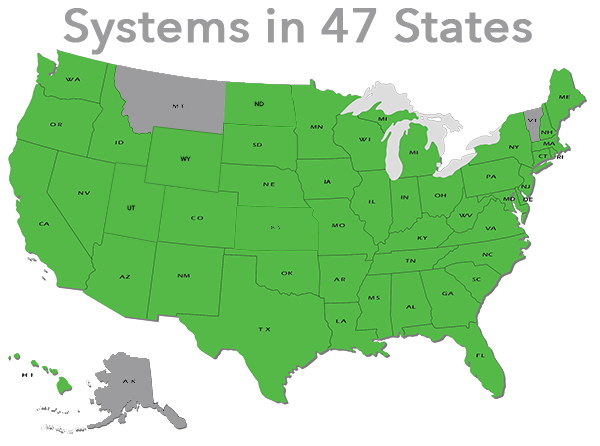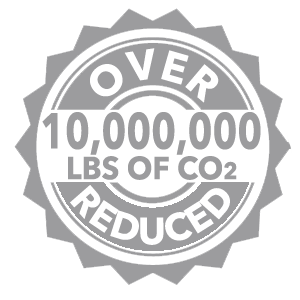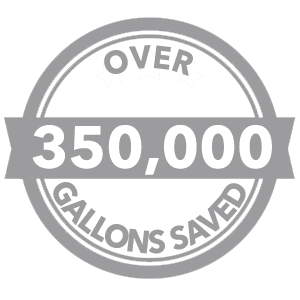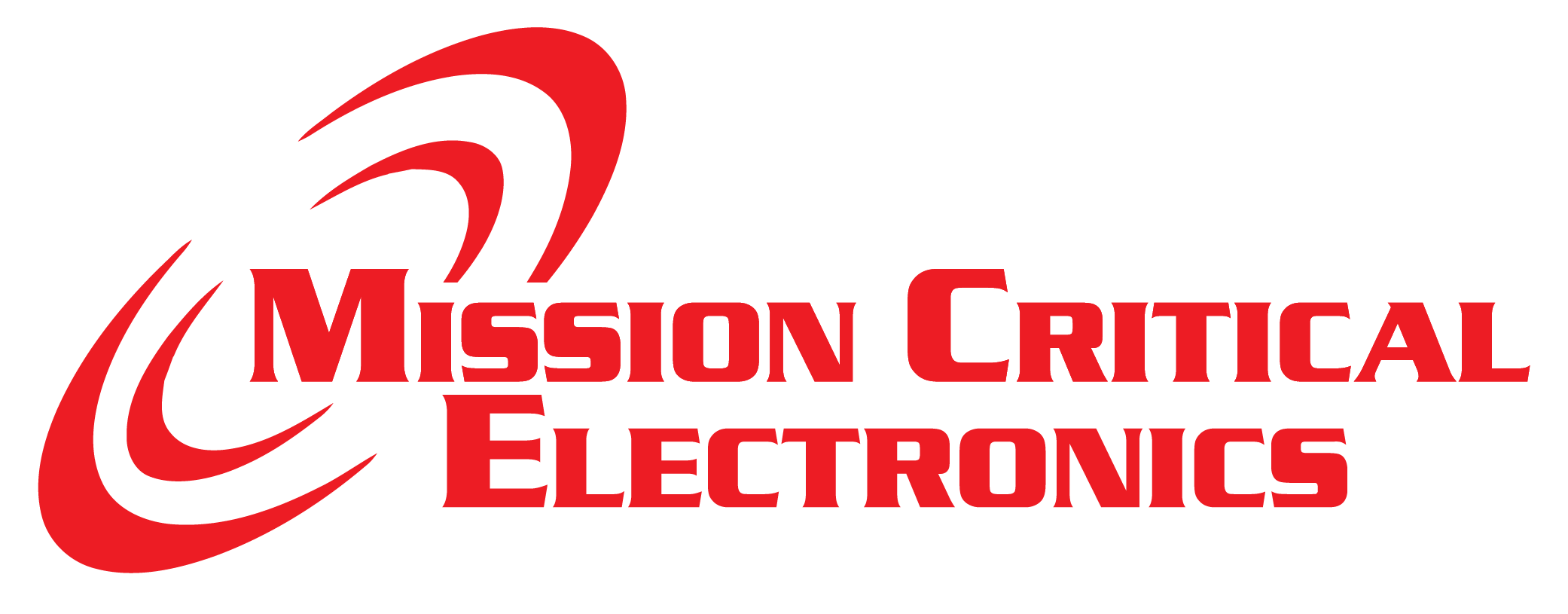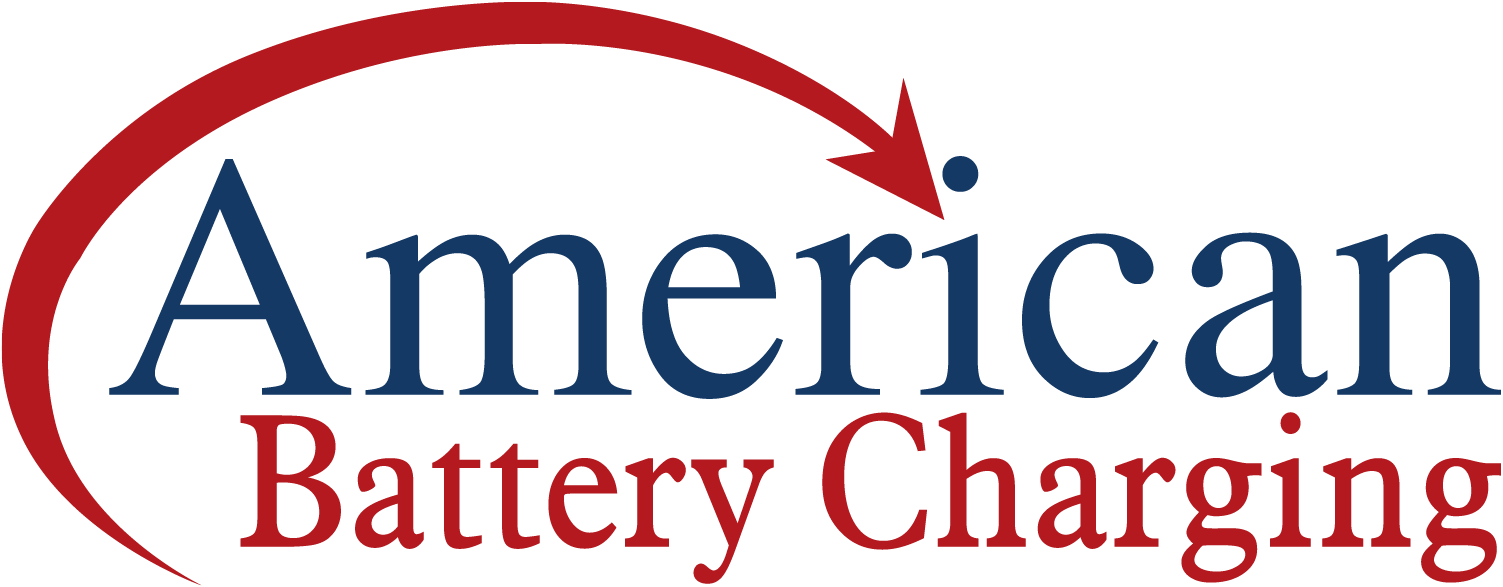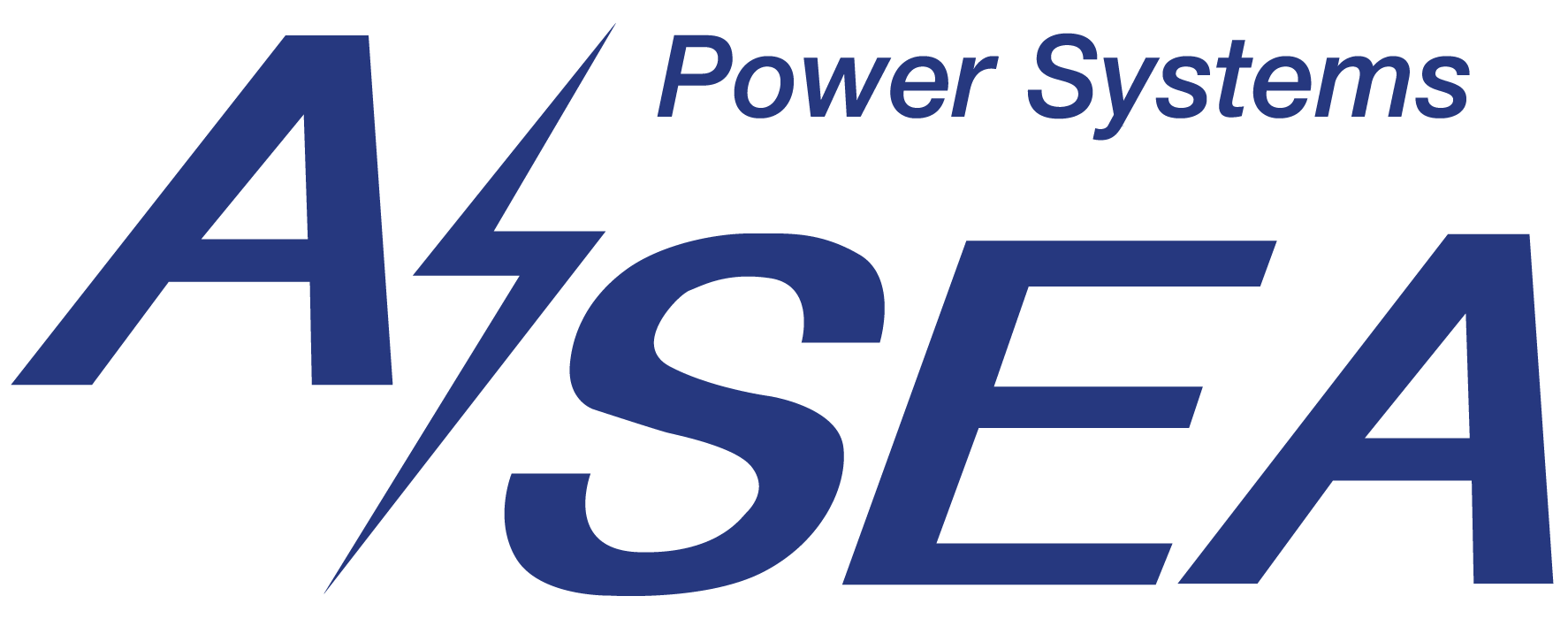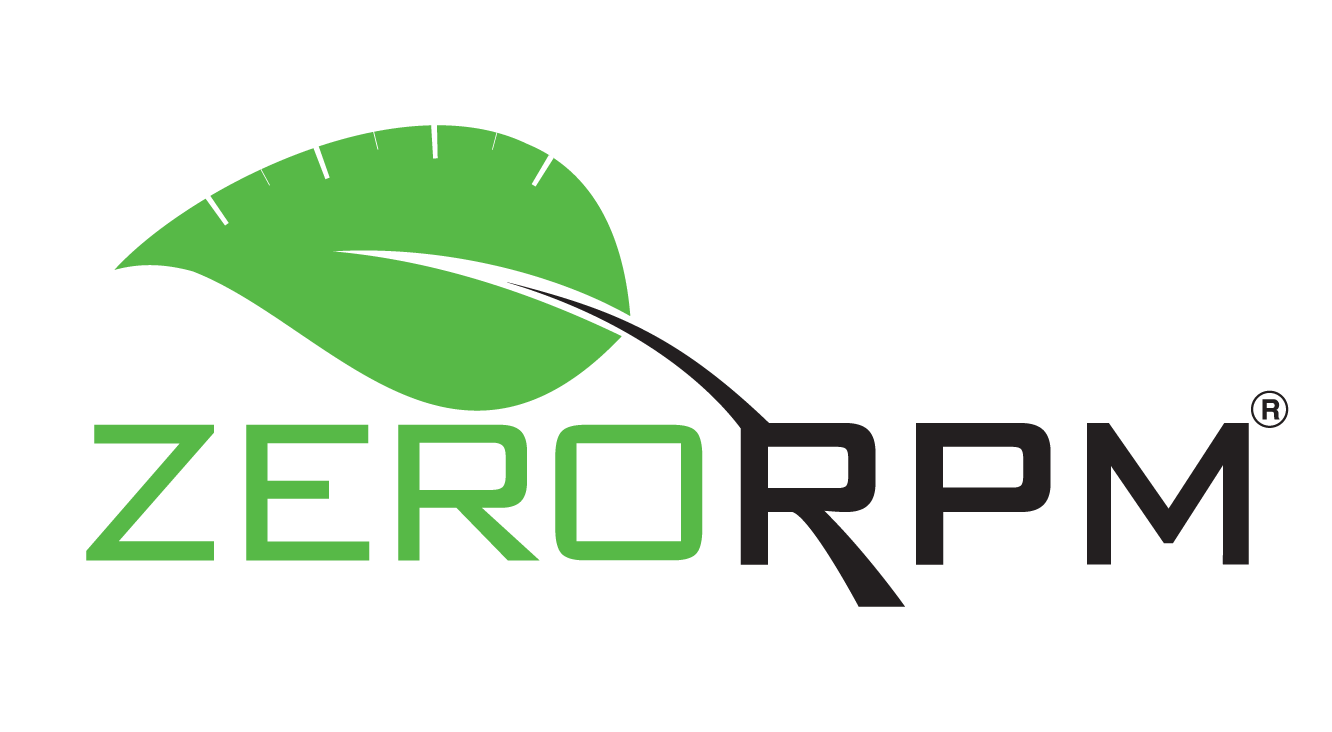Energy Department Launches H2 Refuel H-Prize Competition for Small-Scale Hydrogen Refueling Systems
The Energy Department today announced the launch of the $1 million H2 Refuel H-Prize. This two-year competition challenges America's engineers and entrepreneurs to develop affordable systems for small-scale, non-commercial hydrogen fueling. These projects will continue to deploy hydrogen infrastructure across the country to support more transportation energy options for U.S. consumers, including fuel cell electric vehicles (FCEVs). Successful entries will install and test systems that generate hydrogen from resources available at most homes, like electricity or natural gas, and provide the hydrogen to fuel vehicles. This competition plans to offer a $1 million cash prize to the team that demonstrates the best system.
Hydrogen infrastructure remains the most critical barrier to the widespread adoption of FCEVs. Both government and industry are focused on identifying actions to encourage early adopters of FCEVs, by conducting coordinated technical and market analysis and leveraging other alternative fueling infrastructure to enable cost reductions and economies of scale. For example, infrastructure being developed for alternative fuels such as natural gas, as well as fuel cell applications including combined heat and power, backup power and fuel cell forklifts, can help pave the way for mainstream hydrogen vehicle infrastructure.
With support from the Energy Department, private industry, and the Department’s national laboratories, significant progress has been made in reducing costs and improving performance for fuel cell and hydrogen technologies. These research and development efforts have helped reduce automotive fuel cell costs by more than 50% since 2006. At the same time, fuel cell durability has doubled and the amount of expensive platinum needed in fuel cells has fallen by 80% since 2005. The H-Prize competition aims to leverage these advances towards designing refueling systems that reduce the barriers to widespread infrastructure development and FCEV adoption.
In the first year of the competition, teams are tasked to find partners, design a system, find a site to install the system, and register for the competition before submitting data and designs to a team of independent judges. The judges will select the top teams as finalists to advance to the testing phase. During the second year, finalist teams have seven months to build, install, and prepare their systems for testing. The winner will demonstrate that they can meet both the technical and cost criteria as outlined in the final guidelines. The H2 Refuel H-Prize will be administered by the Hydrogen Education Foundation for the Energy Department.
Registration to compete in the H-Prize and more information is available on the H2 Refuel website.




